22th July, 2019
Sophia Azimi
Share
Why It’s Fairly Impossible to Watch Sports Objectively
The summer generally ushers in a plethora of sporting activities. This year is no different, with the Women’s World Cup, Wimbledon, and the Cricket World Cup having just concluded. Even if you don’t religiously follow a certain sport, you’ll likely find yourself anticipating a win from one player or team over others. Why do we instinctively expect certain outcomes? Sure, these players may be extremely talented. They’ve probably proven their prowess time and again. But our sporting anticipations often stray predictably from purely rational probabilities. To explain why we hold these biased expectations about future sporting events, we can look to four key behavioural science phenomena.
In a 1985 paper, researchers Gilovich, Vallone, and Tversky first examined this favouritism effect with what is known as the hot hand fallacy. By looking at ‘shooting streaks’ in basketball, they found that fans, players, and coaches believe that if a player makes a certain shot, they are then also more likely to make their next shot. However, by analysing shooting records and free throw records for the Philadelphia 76ers and Boston Celtics, Gilovich and colleagues found that there is no correlation between a player’s previous shot and their next.
This falls in line with the human tendency to anticipate future events using the most salient and available information about whether something will occur. This often occurs without properly weighing all probabilities in proportion to the actual likelihood that thing will occur. Daniel Kahneman and Amos Tversky, two eminent behavioural science researchers, dub this the availability heuristic. If someone asks you who has won the most Grand Slam titles in women’s tennis history, what would you reply? Instinctively, most people would suggest Serena Williams. Although Williams is close to beating the record by two, the current record holder is Margaret Court. We immediately think of Serena because her success is recent and more readily available in our memories than Court’s, particularly for younger generations.
However, it is important to note that this analysis is more applicable to some sports and some scoring contexts than to others. For example, free throws in basketball are in a fairly controlled position and environment, which helps provide optimal conditions for collecting data. One cannot apply the same analysis when it comes to lay-ups in basketball, backhands in tennis, or shots on goal in football.
Closely related to the hot hand fallacy is the gambler’s fallacy (sports bettors beware!) How does this one work? Let’s do a thought experiment.
Assume a coin is flipped ten times. The first nine times the coin lands heads face up. What do you expect the tenth coin flip to be?
Generally, people would expect the next coin flip to be tails, reversing the previous trend of all heads in a row. However, it is just as likely that the next outcome will be heads as it would be tails (50/50). This is the gambler’s fallacy: expecting that the ‘unlikely’ outcome will reverse instead of continue.
For example, in tennis, someone may anticipate that a player winning four games in a row is bound to lose the next one. On a larger scale, you may underestimate the likelihood a player will win a tournament because they already won so many times in the past. It is also important to note that the outcome does not depend on pure chance alone. There are social, historical, psychological, cultural, and physical factors that can help sway the match in favour of one side or another.
An even bigger cognitive influence on sports betting would be the odds set by odds compilers. By giving you a set of indicative odds to base your bet off of - a general score difference, for example, or the number of sets each player wins - your expectations for the outcome are subconsciously being influenced. When your expectations sink or rise based on an example figure provided, this is known as anchoring.
Anchoring exists everywhere. When selecting between a ‘Default’ and ‘Premium’ option from a cable company, for instance, the ‘Default’ is the anchor which the ‘Premium’ price is increased against. Anchoring occurs in sports when a previous tournament or match is used as a comparative baseline for the current one. For example, in the next Women’s World Cup, commentators will most likely analyse the United States relative to their performance this summer as the reigning champions.
As you enjoy the next match of your favourite sport, perhaps be a bit reflective on what you think the outcome will be and why you think this is the case. Take particular note of the media speculation on odds and probabilities, thinking about what pieces of information are affecting your beliefs. Of course, your personal loyalties to your most cherished team may be the strongest influence of all!

